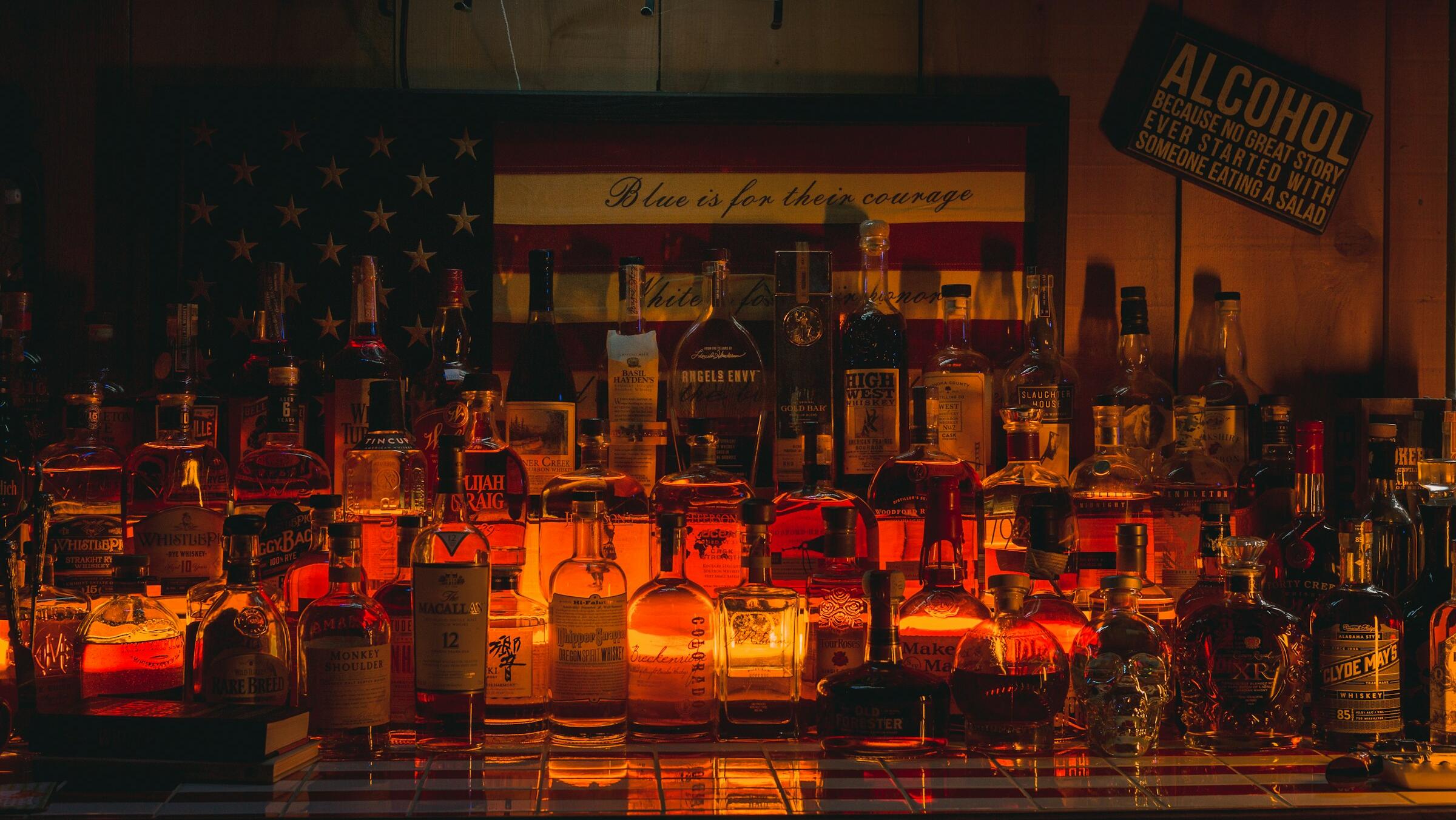After a record year in 2024, exports of American spirits fell 9% year-over-year, driven by ongoing trade tensions.
The American Distilled Spirits Exports 2025 Mid-Year Report showed key declines in all of the largest markets, including the European Union (EU), Canada, the UK and Japan.
In 2024, the EU accounted for half of all exports, with these four markets amounting to 70% combined.
Distilled Spirits Council of the United States (DISCUS) president and CEO, Chris Swonger, said persistent trade tensions have had immediate and adverse effects on spirit exports.
“There’s a growing concern that our international consumers are increasingly opting for domestically produced spirits or imports from countries other than the U.S., signalling a shift away from our great American spirits brands,” he said.
Swonger said the largest shift was in Canada, where U.S. spirit exports declined by 85% and fell below US$10 billion in the second quarter of 2025.
U.S. spirits sales plummeted by 68% in Canada during April 2025, while sales of Canadian and other imported spirits rose by 3.6%.
While Canada removed its retaliatory tariff on U.S. spirits on 1 September, the majority of Provinces continue to ban Americans from their shelves. Canada remains the only key trading partner to retaliate against U.S. spirits.
The U.S. spirits industry’s largest market, the EU, also experienced a large fall of 12% to US$290.3 million, while exports to the UK dropped 29% to US$26.9 million and Japan decreased by 23% to US$21.4 million.
The second quarter also saw double-digit declines in several spirit categories, including American Whiskey (13%), Vodka (-14%), Brandy (-12%) and Cordials (15%).
According to Swonger, the international markets have become increasingly important for American Whiskey producers as they experience a decline in domestic sales and record-high inventory levels.
American whiskey inventories have tripled since 2012, reaching almost 1.5 billion proof gallons by the end of 2024, while domestic sales and exports only reached 58 million and 45 million proof gallons, respectively.
Swonger has called upon U.S. President Donald Trump to help facilitate a lasting return to tariff-free trade with its key partners to help the industry grow.
“With domestic demand slowing, it is critically important that U.S. distillers have the certainty of zero-for-zero tariffs with our key markets, including the EU and UK,” he said.
“The spirits sector is highly interconnected and, as a result, tariffs on imported spirits have wide-reaching consequences on the industry as a whole. For decades, the spirits sector was the model for ‘fair and reciprocal’ trade.”
This comes as other goods industries have warned of anti-American sentiment following the sweeping trade regime and other policies pursued by Trump.



